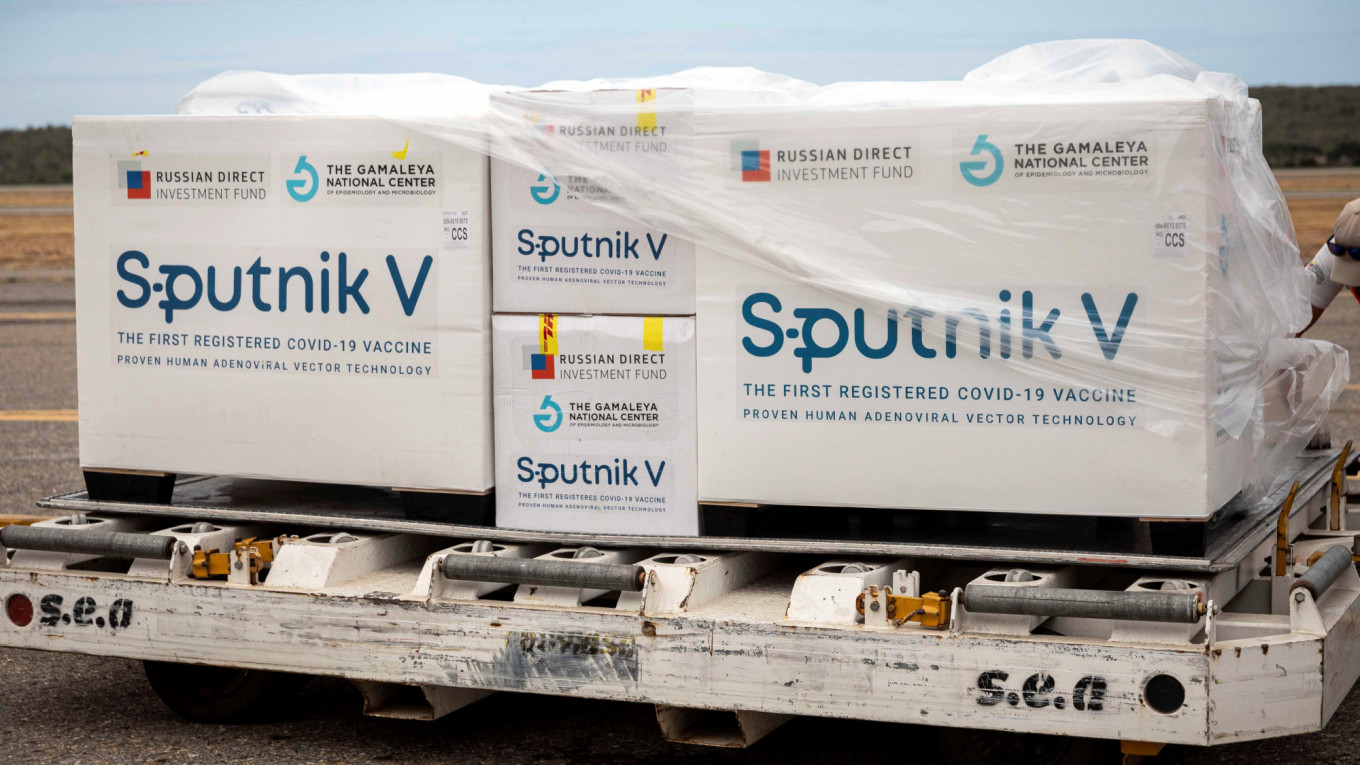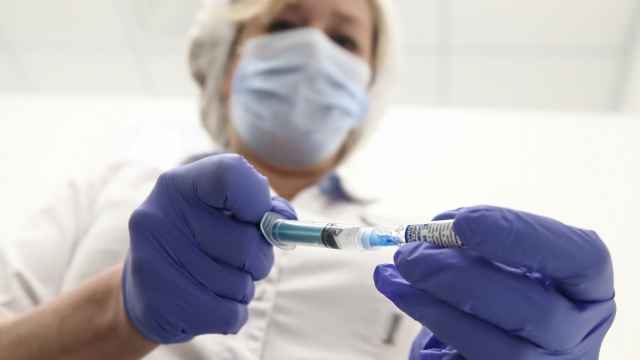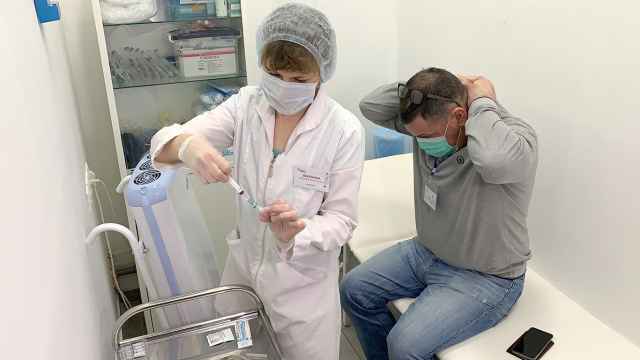Slovakia on Monday received a first shipment of Russian vaccines as it battles the world's highest Covid death rate, the second EU state after Hungary to receive the Sputnik doses.
"You can see behind me the first shipment of the two million Sputnik V vaccines," Slovak Prime Minister Igor Matovic told reporters at a press conference at the airport in Kosice in eastern Slovakia.
Slovakia has shown growing interest in the Russian vaccine in recent weeks.
"It is right to buy the Russian vaccine as Covid-19 does not know anything about geopolitics," he said in comments broadcast on Slovak television.
"I do not have a problem getting a Sputnik [jab] myself," he said.
Health Minister Marek Krajci said he would sign a decree allowing the use of the Russian vaccines, which have not been authorized by the European Medicines Agency (EMA).
"It will take at least two weeks until we can begin the vaccination," Krajci said.
Slovakia has seen an average of 22.66 Covid-related deaths per 100,000 inhabitants in the last 14 days, followed by neighboring Czech Republic with 20.51, according to an AFP tally.
The Czech Republic said on Sunday it too had put in an order for Sputnik vaccines and Austria has said it is in talks over the delivery and joint production of Sputnik.
Russia approved its vaccine last August ahead of large-scale clinical trials, sparking concerns over the fast-track procedure.
But leading medical journal The Lancet this month published results showing the jab to be safe and over 90% effective.
The Russian Direct Investment Fund, which helped finance the development of Sputnik V, has said that more than 35 countries have registered it.
Rather than exporting the vaccine in bulk, Moscow hopes to agree production partnerships with local factories.
Brazil, India, Kazakhstan and South Korea have begun producing Sputnik V, though not all of them have made it available to the public yet.
A Message from The Moscow Times:
Dear readers,
We are facing unprecedented challenges. Russia's Prosecutor General's Office has designated The Moscow Times as an "undesirable" organization, criminalizing our work and putting our staff at risk of prosecution. This follows our earlier unjust labeling as a "foreign agent."
These actions are direct attempts to silence independent journalism in Russia. The authorities claim our work "discredits the decisions of the Russian leadership." We see things differently: we strive to provide accurate, unbiased reporting on Russia.
We, the journalists of The Moscow Times, refuse to be silenced. But to continue our work, we need your help.
Your support, no matter how small, makes a world of difference. If you can, please support us monthly starting from just $2. It's quick to set up, and every contribution makes a significant impact.
By supporting The Moscow Times, you're defending open, independent journalism in the face of repression. Thank you for standing with us.
Remind me later.






